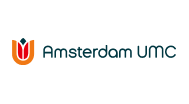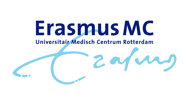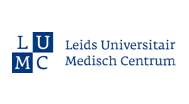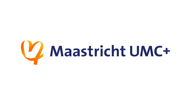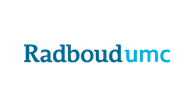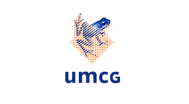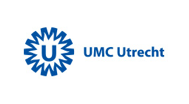Socially Responsible Licensing Toolkit
On 27 August 2020, NFU and VSNU presented the Socially Responsible Licensing (Maatschappelijk Verantwoord Licentiëren, MVL) toolkit to the Ministry of Public Health, Welfare and Sport. The MVL-toolkit fleshes out the ‘ten principles for MVL’ that the knowledge institutions formulated in 2019 at the request of the Minister for Medical Care. The MVL-toolkit offers knowledge institutions a common basis for a discussion with market parties about the future use of patented knowledge. This can lead to a smooth and rapid conversion of academic knowledge into valuable products and services.
For a smooth conversion of academic knowledge for market parties.
The MVL-toolkit was created in collaboration with knowledge institutions, private and public parties, each with their own interests and expectations. The business community emphasized that paying too much attention to social aspects could lead to stagnation of the further development of that knowledge. Meanwhile, the societal organisations are concerned that the toolkit is not binding enough because it does not impose any mandatory frameworks for price and accessibility of any future products developed on the basis of Dutch patents.
Taking action
“We want academic knowledge to benefit society,” explained Margriet Schneider, chairwoman of the NFU. “That is why we developed this toolkit, with which scientific knowledge can be converted into concrete services and products that benefit society. This is our starting point. As we work on it, it will become clear what the easiest way is to take steps towards a socially responsible licensing agreement.”
Concrete building blocks
The MVL-toolkit provides concrete building blocks for a licensing agreement. Along with the usual agreements about rights and obligations, explicit attention is paid in this case to societal objectives, like the effective availability of products and services. In the context of medicines and medical technology, this means that attention can be paid to a range of aspects, for example, development in the Netherlands, norms for transparency, and availability in low- and middleincome countries. The licensing agreement is usually concluded at a very early stage, when it is still unclear whether there will ever be a concrete product.
VSNU chairman Pieter Duisenberg said, “It is important for the value created by the universities and UMCs to have the largest possible societal and economic impact. The toolkit helps make science accessible for society.”
Evaluation in 2 year
The MVL-toolkit is a practical elaboration of the Ten principles for Socially Responsible Licensing, which directs the talk about the expected societal and economic impact. In two years the use of the MVL toolkit will be evaluated


